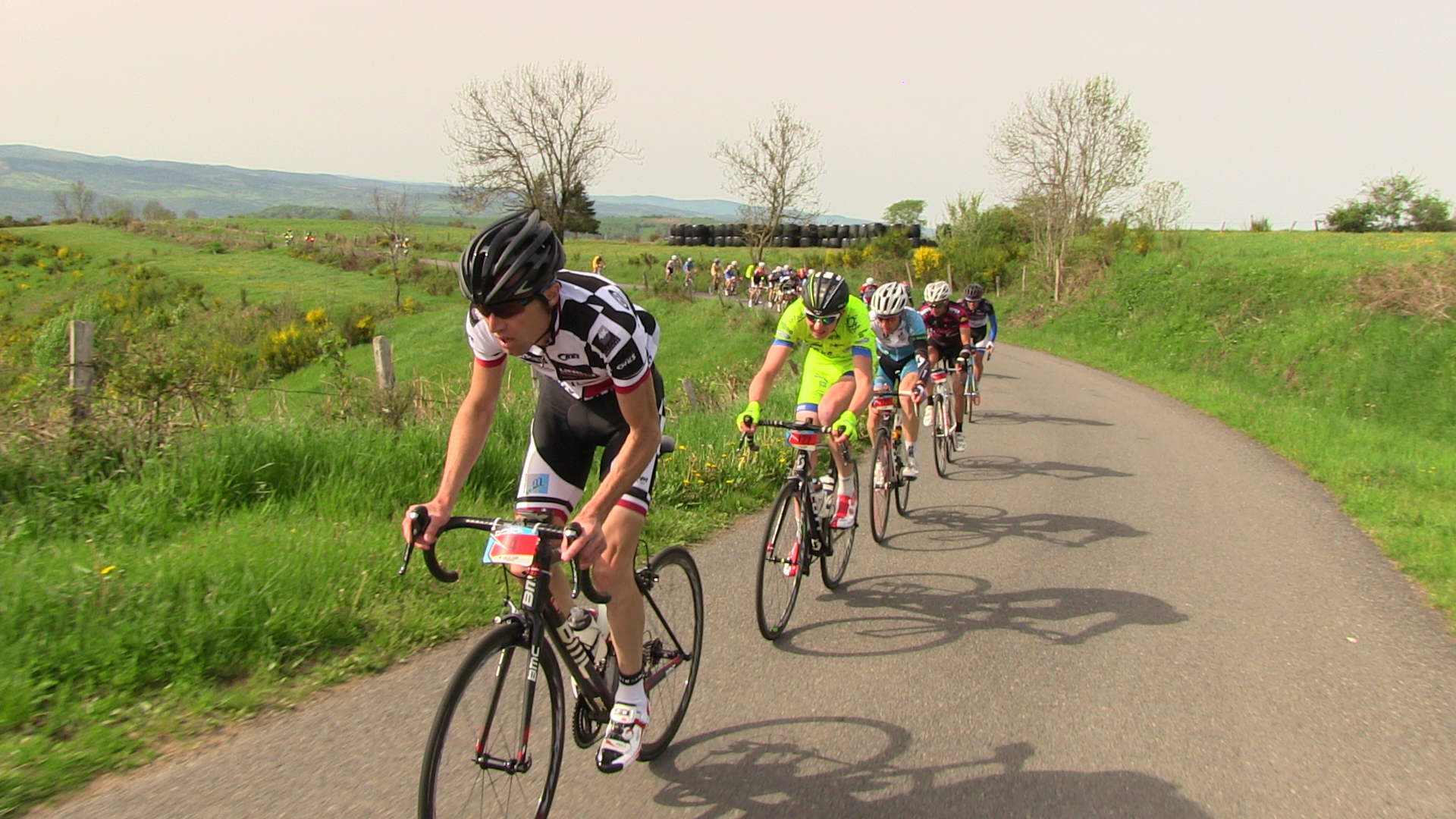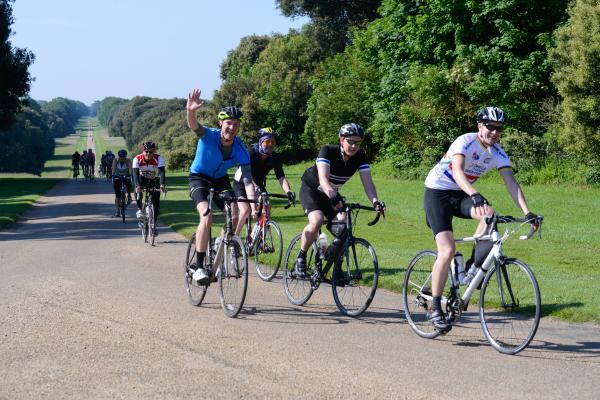Football is THE most popular sport in the world – and that’s a solid fact. I don’t need to go into details, even though I just might: everyone around us watches football regularly. We watch the matches from the comfort of our homes, where, during the half-time we might search the internet for the Best Betting Sites Ireland or the best betting sites in England, and we watch the football matches from our local pubs. And that’s the length we go to when it comes to football. But have you ever wondered how much football players train? And why certain exercises are more favoured than others? This is why, in today’s blog, I wanted to talk about how much cycling means to football players. (Not only because I love cycling…)
Increasingly, football players have turned to cycling as a regular part of their routines, and with good reason. Beyond being a mere trend, cycling offers a host of physical and mental benefits that are remarkably compatible with the high-performance demands of football. Here’s why the sight of footballers on two wheels has become so common.
Low-Impact, High-Reward Exercise
Football is notoriously hard on the body, especially the knees, ankles, and hips, which take a beating from quick pivots, jumps, and tackles. For many players, cycling provides an excellent alternative to running, giving a cardiovascular workout without the punishing impact of pounding the pavement. By swapping a few runs with cycles, players maintain their fitness without risking overuse injuries, giving their joints and muscles a much-needed break.
Enhanced Endurance Without Extra Wear
Football requires bursts of explosive energy along with sustained aerobic fitness – two areas where cycling excels. Many players and trainers now use cycling sessions as a way to build up cardiovascular endurance, meaning they can run longer distances at higher speeds on the field. This is especially useful in pre-season or during injury recovery, as they can get a tough workout without taxing their body with the harshness of sprints. Instead of repetitive high-impact cardio, players cycle for long periods, improving their VO₂ max and overall stamina with lower injury risk.
Mental Benefits of Scenic Rides
Football can be mentally demanding – imagine the focus needed to analyse a pitch, react quickly, and strategize all in a single game. Cycling offers a change of pace, a bit of mental relaxation that’s rare in intense sports training. When players hop on a bike, they can explore new surroundings or just enjoy the scenery, which can feel like a breath of fresh air compared to the sometimes monotonous football drills. This mental reset is an important, if often overlooked, element that helps prevent burnout.
Strength Training on Wheels
Believe it or not, cycling doesn’t only work the legs; it engages core muscles and builds strength throughout the lower body. For football players, strength in the calves, thighs, and glutes is key to delivering power in their movements – whether that’s sprinting, jumping, or kicking. Steep hill cycling or interval sessions add strength without heavy weights, improving muscle tone and power. It’s a great way for players to engage in strength training without traditional gym-based workouts, which may feel repetitive or boring over time.
Perfect for Recovery and Injury Prevention
For injured players or those nursing soreness from a hard game, cycling offers an ideal low-resistance option for active recovery. It promotes blood flow, which aids in the healing of sore muscles, reduces stiffness, and prevents the buildup of lactic acid. Cycling also helps players with knee issues recover in a controlled way, as the smooth circular motion is gentle on joints while keeping them mobile.
The Environmental and Lifestyle Appeal
Football clubs around the world are encouraging more sustainable practices. By cycling to training grounds or stadiums, players reduce their carbon footprint, setting an eco-conscious example for fans. Cycling, in this way, isn’t just a workout but part of a lifestyle choice, adding a layer of purpose that resonates with today’s environmental values.
Final Thoughts
For football players, cycling represents more than just another way to work out. It’s a strategic, holistic approach that addresses fitness, strength, mental health, recovery, and even lifestyle choices in one go.


